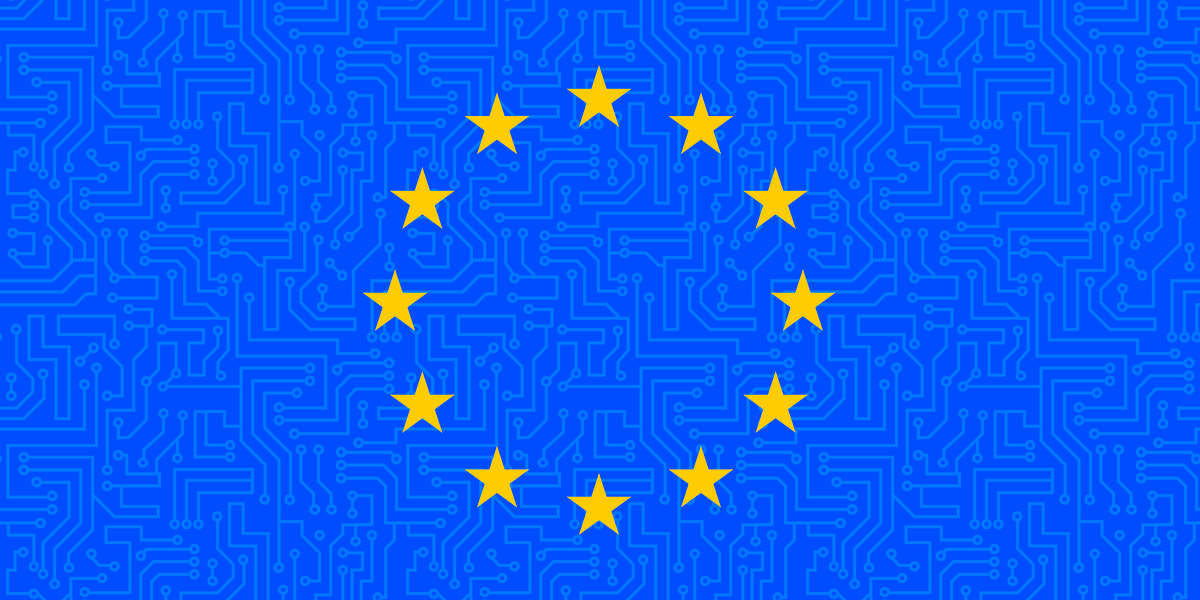|
Getting your Trinity Audio player ready...
|
Update 11/14/2023: The LIBE committee adopted the compromise amendments by a large majority. Once the committee’s version of the law becomes the official position of the European Parliament, attention will shift to the Council of the EU. Along with our allies, EFF will continue to advocate that the EU reject proposals to require mass scanning and compromise of end-to-end encryption.
A key European parliamentary committee has taken an important step to defend user privacy, including end-to-end encryption. The Committee on Civil Liberties, Justice and Home Affairs (LIBE) has politically agreed on much-needed amendments to a proposed regulation that, in its original form, would allow for mass-scanning of people’s phones and computers.
The original proposal from the European Commission, the EU’s executive body, would allow EU authorities to compel online services to analyze all user data and check it against law enforcement databases. The stated goal is to look for crimes against children, including child abuse images.
But this proposal would have undermined a private and secure internet, which relies on strong encryption to protect the communications of everyone—including minors. The EU proposal even proposed reporting people to police as possible child abusers by using AI to rifle through people’s text messages.
Every human being should have the right to have a private conversation. That’s true in the offline world, and we must not give up on those rights in the digital world. We deserve to have true private communication, not bugs in our pockets. EFF has opposed this proposal since it was introduced.
More than 100 civil society groups joined us in speaking out against this proposal. So did thousands of individuals who signed the petition demanding that the EU “Stop Scanning Me.”
The LIBE committee has wisely listened to those voices, and now major political groups have endorsed a compromise proposal that has language protecting end-to-end encryption. Early reports indicate the language will be a thorough protection that includes language disallowing client-side scanning, a form of bypassing encryption.
The compromise proposal also takes out earlier language that could have allowed for mandatory age verification. Such age verification mandates amount to requiring people to show ID cards before they get on the internet; they are not compatible with the rights of adults or minors to speak anonymously when necessary.
The LIBE committee is scheduled to confirm the new agreement on November 13. The language is not perfect; some parts of the proposal, while not mandating age verification, may encourage its further use. The proposal could also lead to increased scanning of public online material that could be less than desirable, depending on how it’s done.
Any time governments access peoples’ private data it should be targeted, proportionate, and subject to judicial oversight. The EU legislators should consider this agreement to be the bare minimum of what must be done to protect the rights of internet users in the EU and throughout the world.



